As a bereavement counsellor midwife at Dr Gray’s Hospital in Elgin, Marcia Dean’s job is to ease the pain of losing a child during pregnancy.
It’s a task, she admits, that is impossible.
“I can’t make it better,” she says. “I can only tell them that what they’re feeling is normal, let them be sad, and let me know that it’s okay to fall apart a little.”
The pain she deals with — three days a week from a room in Dr Gray’s — is raw and unlike any other.
Grieving a baby is not the same as grieving an adult. With an adult, there are memories to share and moments to smile about.
“But with a baby, there are no memories, no funny stories,” Marcia, 55, explains. “You grieve for someone you never met.”
Despite the impossible task, Marcia wouldn’t trade her job for anything. She knows she can’t take the pain away, but she can share it. With more than two decades of experience as a midwife, she makes the unbearable more tolerable.
“Someone once told me, ‘You were the midwife I never wanted to meet. But I’m so glad I did.’”
Marcia reflects on the weight of those words. “No one should ever have to meet me. My job shouldn’t exist,” she says.
“But it does.”
How Marcia became a bereavement counsellor midwife
Originally from South Queensferry, just outside Edinburgh, Marcia Dunn trained in midwifery in the capital before moving north to Elgin. What began as a short placement soon turned into something more permanent.
“I just loved Dr Gray’s,” she says.
“It was a busy, functioning unit,” she recalls. “But because of the size of it, there was a lot of continuity, and you could meet a woman antenatally then take her into labor ward and then come back through onto the postnatal ward.”
This continuity allowed Marcia to forge lasting bonds with the women she cared for.
“You got to know women, and often delivered their next baby as well. I just liked that idea. It felt like what a midwife should be.”
After two decades as an NHS midwife, Marcia heard about a pilot programme launched by the Scottish Government and the child-bereavement charity SANDS.
The programme’s mission was to ensure that every family, no matter where they lived, received consistent and compassionate bereavement care.
Marcia joined the pilot, initially working a few hours each week. Over time, her role expanded, and she eventually secured a permanent position. Today, she works three days a week as a bereavement counsellor, balancing these duties alongside her midwifery role.
Coping with baby loss and a future reimagined
Every working day begins with a phone call.
“I try to phone all the early losses,” Marcia says. “Just to make sure they’re coping, that they’re managing to return to some kind of normality after such a devastating event.”
These calls are lifelines, allowing parents to express their anger, sadness, or even their guilt.
“As soon as you get a positive pregnancy test, you’re a mum,” she explains. “When that pregnancy ends, it’s not just the baby they lose — it’s the future they’d imagined.”
The job enables her to reflect on her own life, and how lucky she is. “I have two girls. I’ve never experienced a pregnancy loss, but the thought of it… I don’t know how they carry on. But they do.”
Grief, Marcia has learned, is never simple. “It’s individual,” she says. “Some women will get over a miscarriage much quicker, and be able to accept it quicker and move on.”
The bereavement team try to help the grieving process with something called ‘memory making’ — pictures of the baby’s hand and footprints, for example; tangible proof that this baby existed.
“Sometimes, with these early losses, not a lot of people maybe even knew you were pregnant,” says Marcia.
“There’s a lot of things that we need to as a society look at pregnancy loss as something that really does affect families. We did it so wrong 50 to 60 years ago, and we know the damage we did. So we’ve learned a lot, but there is still more to do.”
Dealing with anger, guilt and tears
Future pregnancies, Marcia notes, are fraught with anxiety. Women can feel conflicted. They’re excited, but they can’t fully let themselves be happy.
“There’s often some sort of guilt as well, that I’m only having this baby because I lost a baby.
“How can I be happy for this?”
Her job, she says, is to reassure them. “I’m there to support them and tell them that what they are feeling is normal.
“They can be angry, and they can cry over the phone to me, because I’m not their family. I’m not going to fall out with them about it.”
The Elgin team behind Marcia making her job easier
Marcia is quick to deflect praise for her job.
“I’m a tiny part of this,” she insists. “The sonographers who break the news, that must be one of the hardest jobs. The ward staff that care for the families as they’re going through the loss — if they get it right then my job is much easier.”
Still, the emotional toll is real. “It can be quite draining some days,” she says, adding that she’s lucky to have a team of bereavement midwives to lean on.
The group meets once a month and Marcia knows she can ask for help if she is struggling.
But when she is working she is careful to space out her calls.
“It’s about making sure that you’ve got a space in between to grab a coffee and just go and speak to somebody about something cheery for a wee minute.”
Why society needs to talk more openly about baby loss
Recently, an upset mother told Marcia that nobody remembers her baby’s birthday apart from her.
“I thought, that’s really sad, because to her, that was her baby’s birthday, and it’s an important day. It’s something she wants to remember and talk about.”
Because of encounters like this, Marcia firmly believes society needs to talk more openly about baby loss. She notes that charities like SANDS that work with bereaved families tend not to advertise their support as widely as cancer charities or other causes.
People say it’s too triggering, but Marcia thinks the silence makes it harder for families, who might not realise the breadth of support available to them.
In Elgin, for example, SANDS has a support meeting every third Wednesday of the month at the Mansion House Hotel. The NHS Grampian bereavement support midwifes are also available at any time and can be contacted by email.
“We need to let people know that these groups are there, that there is work being done into baby loss,” Marcia says.
‘I am in awe of these people’
Marcia will continue to make her phone calls.
In return, she says, she has the privilege to witness the courage women can show at the lowest point of their lives.
“I am in awe of these people,” Marcia says. “That they find the bravery to keep moving on in their lives, without ever forgetting the baby that they didn’t get to take home.”
Bereavement counsellor midwives help families cope with pregnancy and loss. They can be contacted on gram.bereavementsupportmaternity@nhs.scot. Moray SANDS can be reached through its Facebook page.
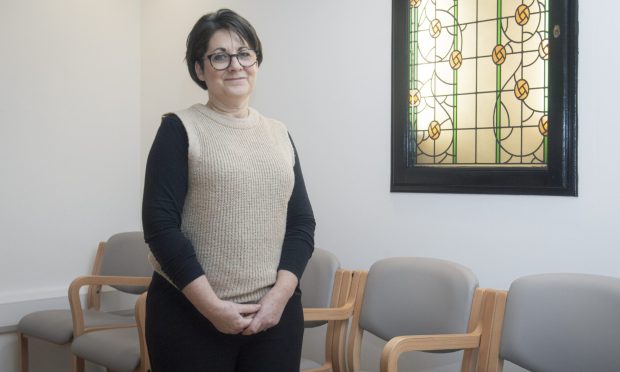
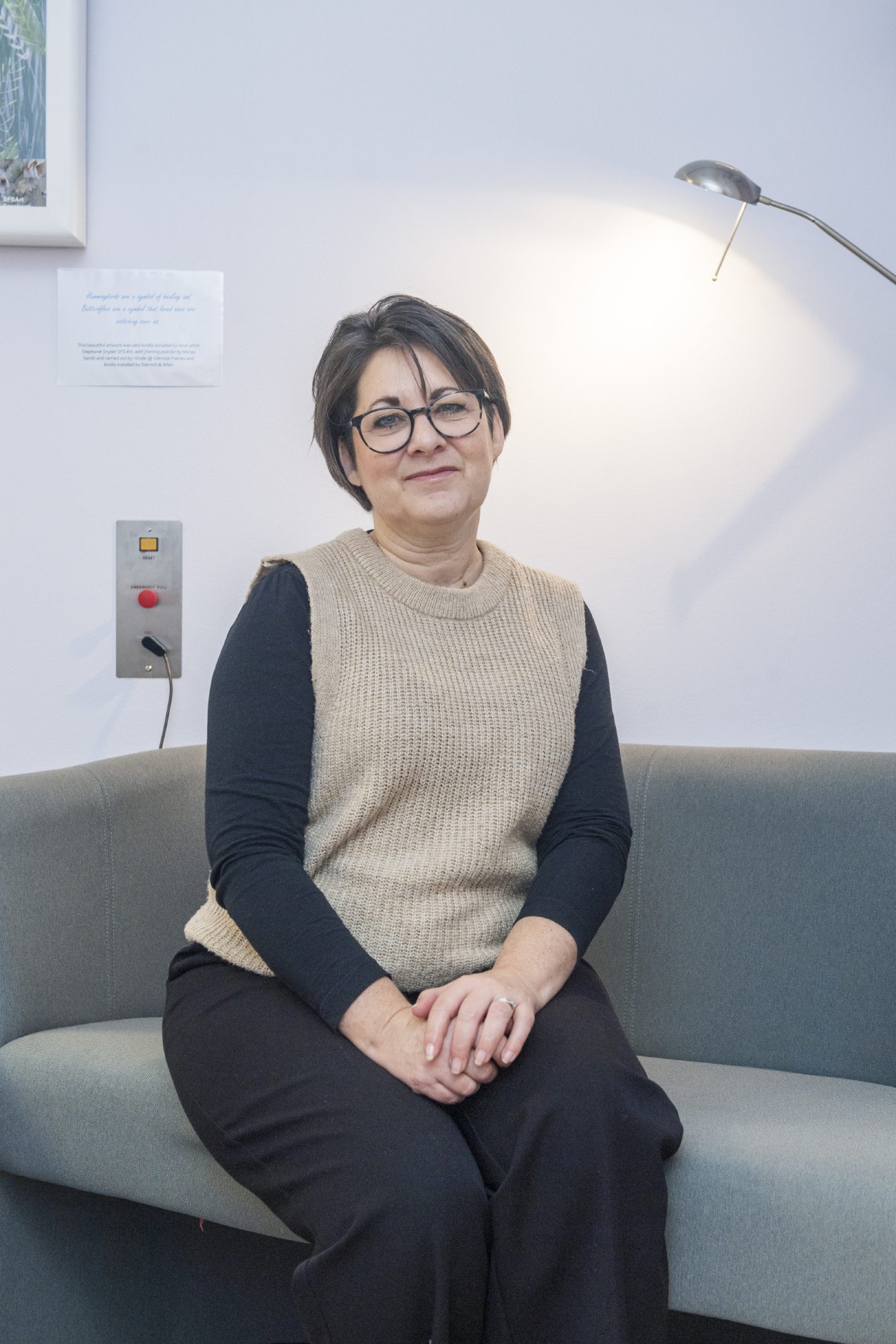
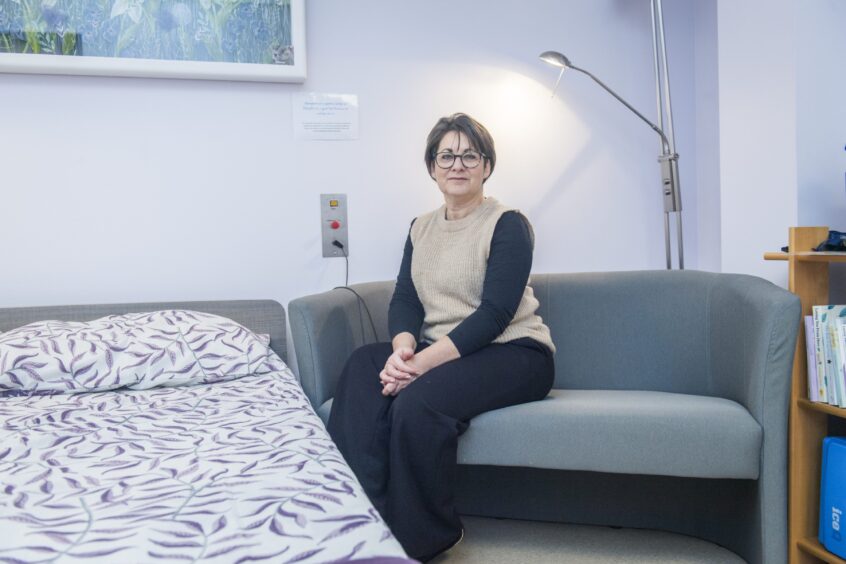
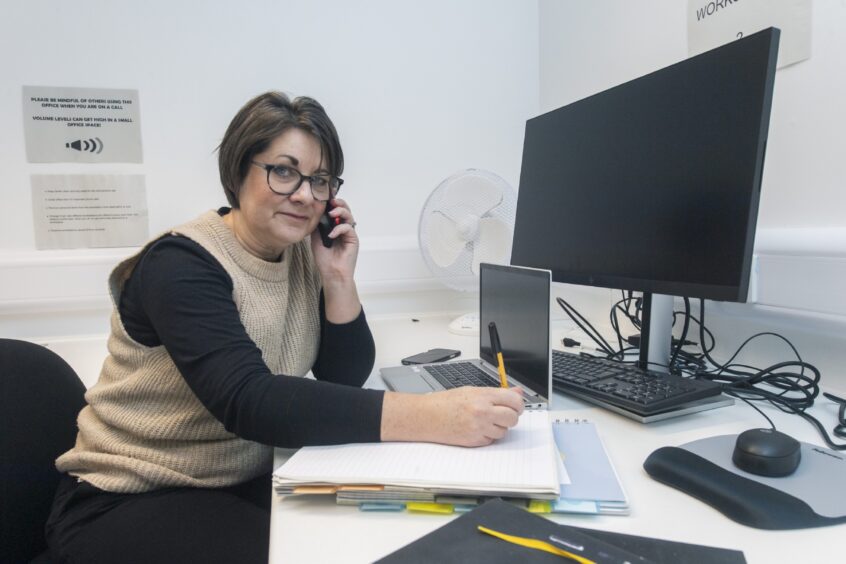

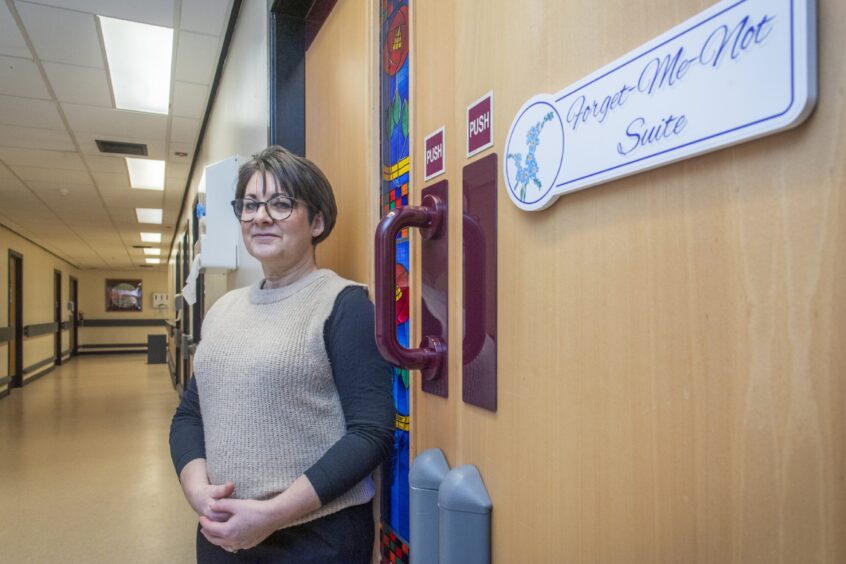
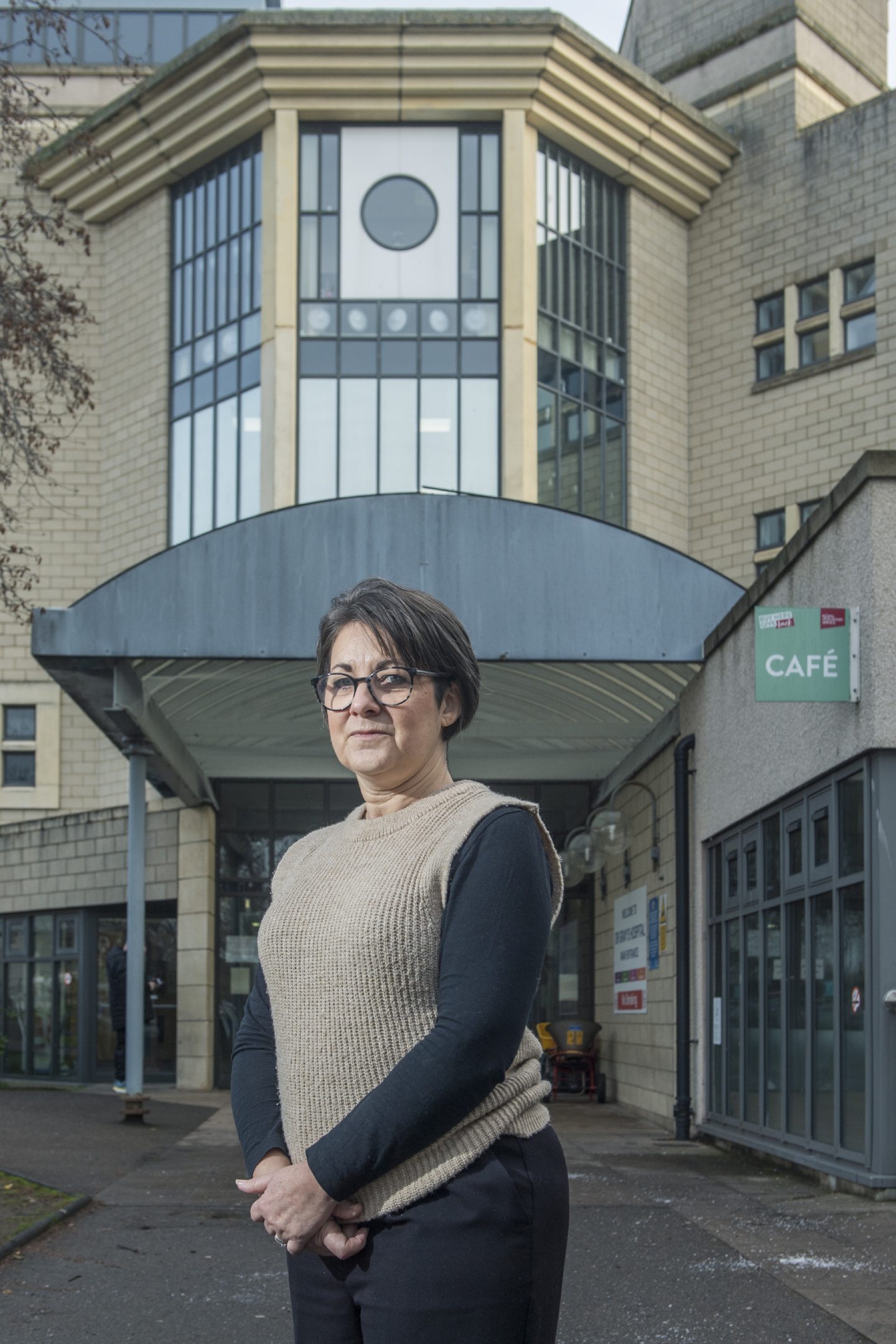
Conversation